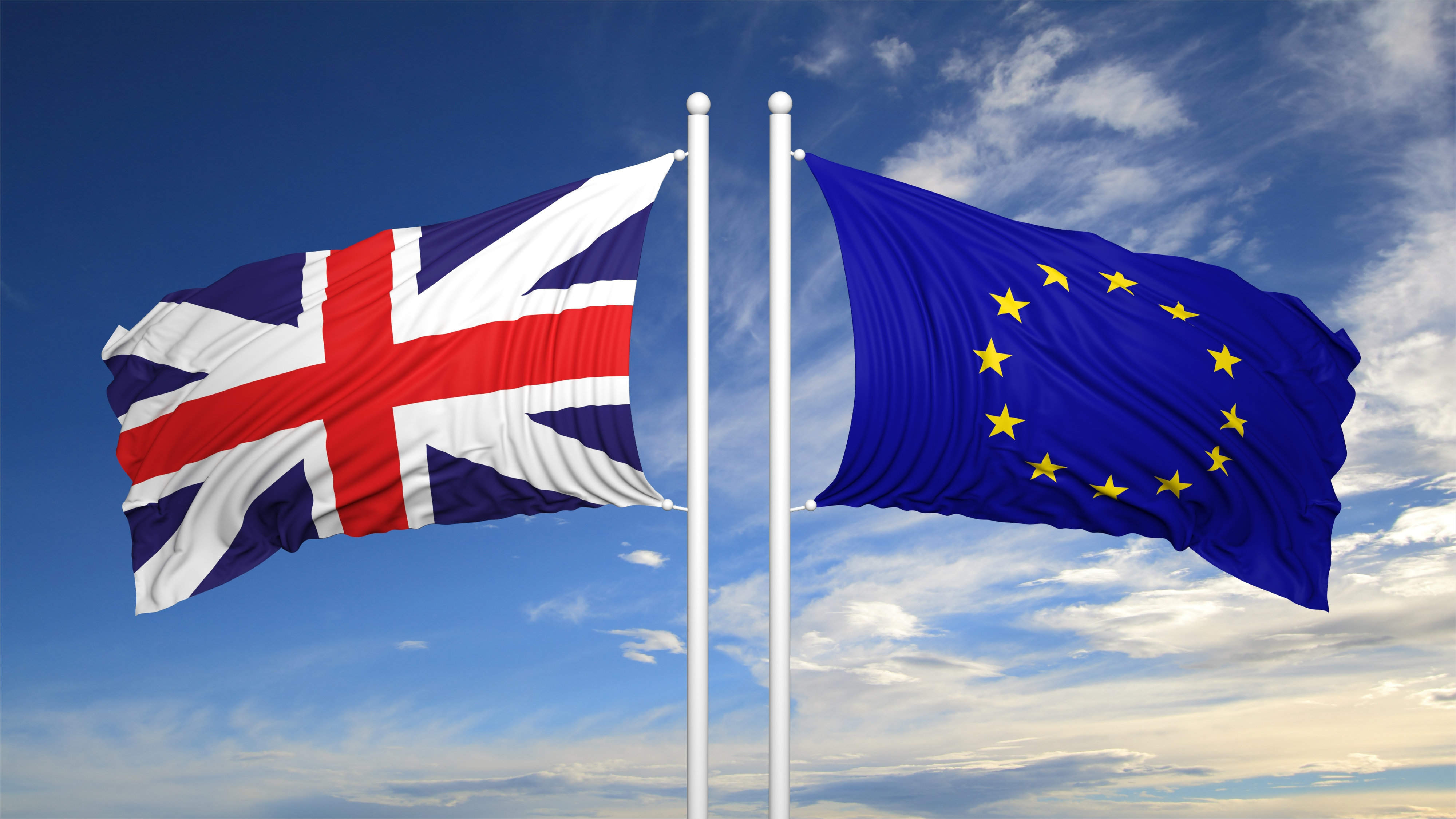
Some 18 of the 23 sectors surveyed by the CBI say they want to remain aligned with existing EU regulation after Brexit
Moving away from EU rules and regulations could yield “greater costs than opportunities” for UK firms after Brexit, according to the UK’s leading business group.
The Confederation of British Industry (CBI) has today released a new report, titled Smooth Operations: An A-Z of the EU rules that matter for the economy, which outlines the regulatory needs for 23 UK industry and service sectors after the UK leaves the EU.
Some 18 of the sectors said they preferred to remain aligned with existing EU regulation.
Brexit presents “opportunities” for rule changes in sectors including agriculture, shipping and tourism that the CBI says could benefit the British economy and consumers.
In sectors where existing EU rules play a “fundamental” role such as automotive, chemicals and life sciences, it says that remaining in lockstep with the EU is “essential”.
It also warns that changes to rules in one sector could have “significant knock-on effects” to companies in other sectors.
CBI director-general Carolyn Fairbairn said: “The experience of companies across the country will be essential in the months ahead.

“A major acceleration in the partnership between business and the UK Government is needed to make a success of Brexit and to ensure this experience is heard.
“It’s vitally important that negotiators understand the complexity of rules and the effects that even the smallest of changes can have.
“Deviation from rules in one sector will have a knock-on effect on businesses in others, and divergence from rules in one part of a production process will have consequences for market access throughout entire supply chains.”

Guiding principles during Brexit negotiations
The CBI issued three principles in the report that it claims should guide both UK and EU negotiators:
- The UK and EU should negotiate “ongoing convergence” where rules play a fundamental role to the trade or transport of goods
- Both sides should look to set a new “international precedent” when negotiating the new relationship between the EU and UK after Brexit for trade of services and digital products
- “Influence and enforcement “mechanisms must come as part of alignment to ensure frictionless trade
If you enjoyed this article, then read more here:
UK Aviation Strategy moves closer with new report – here’s its key aims
Despite stressing that business is “100 per cent committed to making a success of Brexit”, the CBI notes that “these opportunities for divergence are vastly outweighed by the costs of deviating from rules necessary to ensure smooth access to the EU”.
There are 19,000 EU legislative acts in force that cover businesses, and the report highlights the “mammoth” task of untangling 40 years of integration.
It says that firms it spoke to voiced concerns about issues including their entire business being made illegal overnight due to potential regulatory changes caused by Brexit.
Ms Fairburn added: “It’s hard to overstate the importance of the decisions that will be taken over the next six months.
“Put simply, for the majority of businesses, diverging from EU rules and regulations will make them less globally competitive, and so should only be done where the evidence is clear that the benefits outweigh the costs.”


